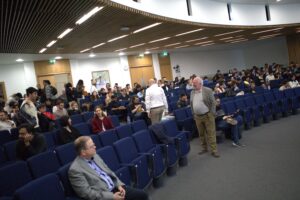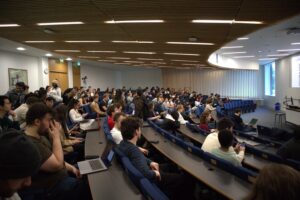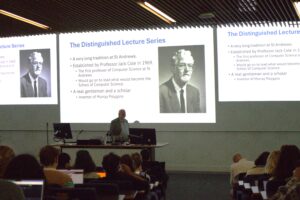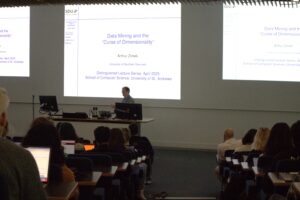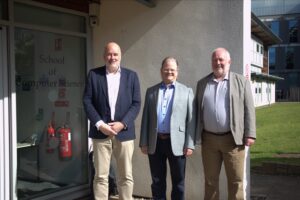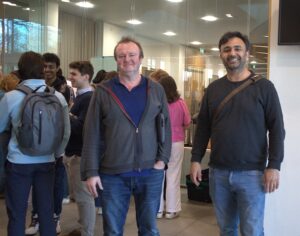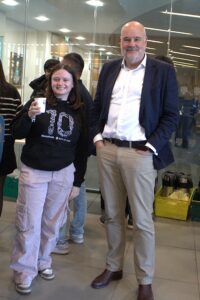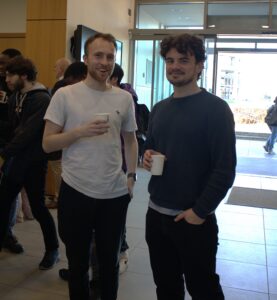We are excited to invite you to a special SACHI seminar this week with Prof Sampsa Hyysalo, who will be visiting us from Aalto University in Finland. This is a great opportunity to hear from one of the leading voices in participatory design and user innovation.
📅 Friday 23rd May | 🕛 15:00 – 16:00 PM | 📍 JCB, Room 1.33A
Title:
Design Participation: Changing Roles of Users in Innovation and Research
Abstract:
In this talk, Sampsa will introduce ideas from his forthcoming book Design Participation (September 2025, cover attached), which presents doable and demonstrated ways by which design can become a major contributor to social and environmental change. This entails a shift from seeking to define solutions to opening spaces in which others—activists, entrepreneurs, civil servants, neighbourhood communities, politicians (and so on) —can effectively elaborate on and find (re)solutions to the matters they are facing. He will reflect on over two decades of research, offering insights into how participatory methods can help tackle complex social and environmental challenges. The talk will draw from work in health tech, energy transition, and civic design.
This session should be particularly relevant to colleagues working in Human-Computer Interaction, Science and Technology Studies, systems design, and research that intersects with communities, policy, and practice.
Bio:
Sampsa Hyysalo is a Professor of Co-Design at the Aalto University School of Art, Design and Architecture in Helsinki, Finland. His research focuses on designer-user relations in sociotechnical change. This includes engagement in participatory design, co-design, open and user innovation, open design, peer knowledge creation, user communities, citizen science and user knowledge in organizations, design ethnography, longitudinal ethnography, social shaping of technology, process studies of innovation, practice theory, and sustainability transitions.
More about Sampsa: https://www.aalto.fi/en/collaborative-and-industrial-design/sampsa-hyysalo
He is the author of several books, including:


